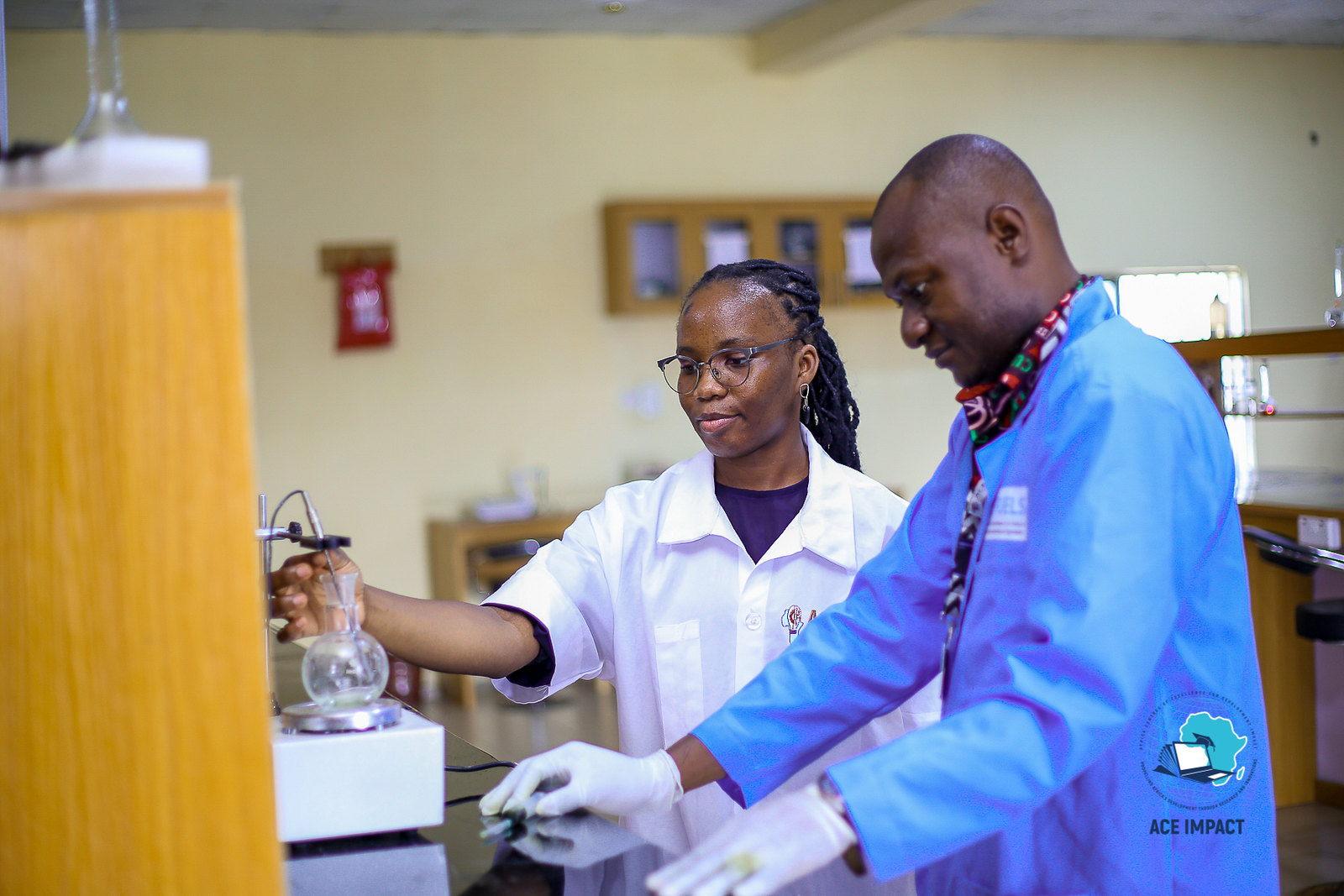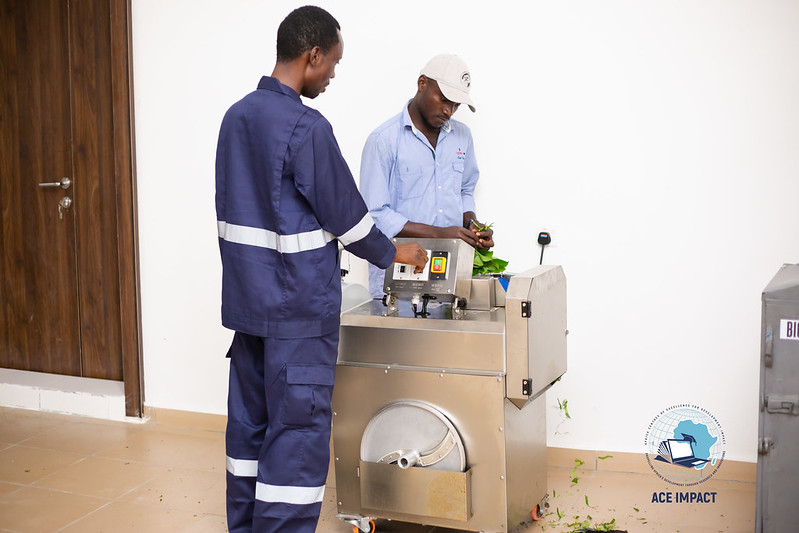Over the years, the world has witnessed an emphatic shift toward impact-driven research. This development is evident in the UN’s Sustainable Development Goals (SDGs), where research innovation plays a crucial role in addressing challenges in healthcare, water, sanitation, agriculture, and education. Emphasizing the need for transformative research that influences industries, policies, and communities, the European Commission (2020) acknowledges research innovation as a key driver of societal progress. The World Bank (2021) and the Organization for Economic Co-operation and Development (OECD, 2015) also emphasize the importance of research innovation, especially in developing economies. While the OECD recognizes the importance of science, technology, and interdisciplinary collaboration, the World Bank, through both words and actions, highlights the roles of universities, research centers, and industry partnerships not only in generating knowledge but also in transforming it into real-world solutions that have a meaningful impact on sustainable growth.
In an era when innovation has been widely recognized, such as by the World Bank, European Commission, and OECD, as the foundation of sustainable development, the World Bank Africa Higher Education Centres of Excellence for Development Impact (ACE Impact) project serves as an engine of revolutionary change. With a laser focus on strengthening higher education and research institutions, ACE Impact is driving innovation that directly addresses Africa’s most pressing developmental challenges. From pioneering cutting-edge science to spearheading futuristic technology to fostering interdisciplinary collaborations and industry partnerships to nurturing entrepreneurial mindsets, the project is redefining the role of higher education in spurring economic growth and societal progress.
A critical contribution of ACE Impact is its rare innate ability to align academic research with real African needs. Through multidisciplinary research and development initiatives, ACE centres produce context-specific solutions in areas such as health, agriculture, engineering, and digital technology. By adequately strategically resourcing and empowering researchers, the project ensures that the knowledge generated within African universities translates into tangible innovations that benefit both communities and industries.
At the heart of modern development is digital transformation; with this recognition, ACE Impact integrates technology in higher education and research. Many ACEs have developed and deployed technological innovations in e-learning, telemedicine, and artificial intelligence to tackle challenges in education, healthcare, and other critical sectors. For instance, ACE Impact has introduced digital learning platforms and tech-enabled teaching methodologies, supported the digitalization of academic programs and expanded higher education beyond physical campuses to make it responsive to the demands of the Fourth Industrial Revolution.
Extending higher education innovation beyond technological advancements, the ACE Impact project has also institutionalized an ecosystem where creativity lives and thrives. The project has catalyzed this transformation by investing in cutting-edge research, strengthening industry-academia partnerships, and providing students with opportunities to apply their knowledge to real-world problems. The program has supported and empowered its numerous Centers of Excellence to develop innovative academic programs tailored to Africa’s developmental needs. By funding applied research and strengthening curriculum relevance, ACE Impact has ensured that graduates are not only academically competent but also equipped with problem-solving skills critical for the job market.
Also recognizing that innovation thrives in an environment that enables entrepreneurship, ACE Impact has integrated entrepreneurship training into its academic programs, encouraging students and faculty to transform research ideas into viable businesses. As a result, its ACEs have established innovation hubs and business incubation centers, providing mentorship, funding, and market access for startups emerging from research outputs. These initiatives are not only strengthening Africa’s innovation ecosystem but also generating employment opportunities. In a recent ACE Graduate Tracer survey, independently conducted by China’s MyCos, one in every ten ACE Impact graduates reported having established their own business and contributing to Africa’s entrepreneurial ecosystem. Almost all (98%) of the 4,295 PhD and master’s graduates surveyed reported having been significantly impacted by the ACE model.
Key Impact Metrics:
Another marked feature of ACE Impact is its emphasis on strong industry-academia linkages. The project has facilitated partnerships between and among universities and key industry players to co-develop curricula, conduct joint research, and implement work-integrated learning programs. These collaborations have significantly enhanced graduates’ employability, ensuring that industries access a skilled workforce equipped with relevant expertise and innovative problem-solving capabilities. The independent ACE Graduate Tracer survey also found that over 80% of the project’s graduates secured their ideal employment within the first six months of graduation.
Beyond the direct technological and research innovations, ACE Impact also plays a crucial role in influencing policy and institutional reforms. By implementing and advocating robust quality assurance frameworks, accreditation processes, and performance-based funding mechanisms, the project is enhancing the governance and operational efficiency of higher education institutions. These reforms are pivotal in ensuring long-term sustainability and scalability of innovation-driven development in Africa.
Sustaining the momentum of innovation remains a priority as the ACE Impact project ends in June 2025. Future efforts focus on deepening industry linkages, securing sustainable funding models, and expanding digital education infrastructure. The World Bank has been collaborating with governments, policymakers, and academic leaders to create an enabling environment that fosters innovation, ensuring Africa’s knowledge institutions remain at the forefront of addressing developmental challenges, especially in healthcare.

